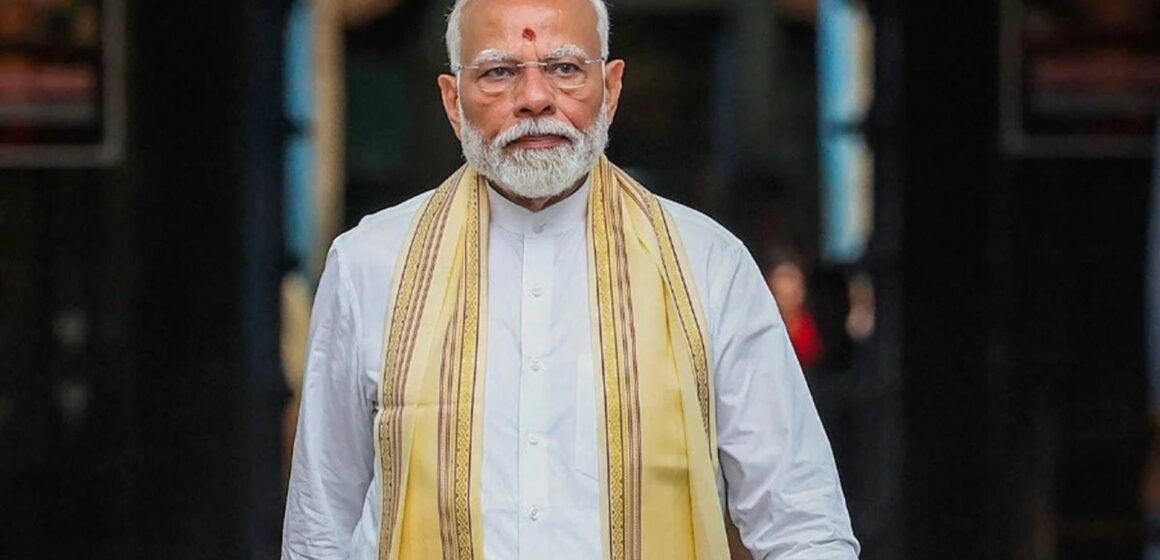Impact on NDA’s Legislative Strategy
The Rajya Sabha, which currently has 225 members due to ongoing vacancies, now sees the NDA’s position significantly weakened. This development necessitates strategic adjustments for the NDA to maintain its legislative influence. Initially appointed as non-aligned nominees by President Droupadi Murmu on the recommendation of the ruling party, the retirement of these members highlights the importance of non-NDA allies.
Navigating the Legislative Process
The reduction in the NDA’s numbers in the Rajya Sabha presents potential challenges for the Modi government’s legislative agenda. Key bills and reforms that require passage through both houses of Parliament may now face increased scrutiny and demand more negotiation and collaboration with opposition parties and independents.
While the BJP commands a significant majority in the Lok Sabha with 240 members, it still falls short of the majority mark of 272. This shortfall in both houses underscores the importance of building and maintaining alliances, particularly with regional parties and independents, to ensure smooth legislative functioning.
Strategic Importance of Alliances
The NDA’s ability to effectively govern and pass legislation will hinge on its relationships with non-NDA allies and independents. The current political scenario necessitates a focus on coalition-building and fostering cooperative ties across party lines. The support of these key players will be crucial for the NDA to secure the required numbers in critical votes.
The BJP’s leadership must also consider the possibility of nominating new members to the Rajya Sabha to fill vacancies and bolster their numbers. This approach, coupled with strategic alliances, could help mitigate the impact of the recent retirements.
The Role of Nominated Members
Nominated members in the Rajya Sabha play a unique role in the legislative process. Appointed by the President of India on the recommendation of the government, these members are often individuals of eminence in fields such as literature, science, art, and social service. Their presence adds a layer of expertise and diversity to parliamentary debates and discussions.
The retirement of Rakesh Sinha, Ram Shakal, Sonal Mansingh, and Mahesh Jethmalani signifies the loss of valuable voices in the Rajya Sabha. Each of these members brought distinct perspectives and expertise to the table, contributing to the depth and breadth of parliamentary discourse.
Moving Forward
The recent retirements of four nominated members have undeniably shifted the balance of power in the Rajya Sabha. The BJP and the NDA, now falling short of the majority mark, must navigate a more complex legislative landscape, relying on strategic alliances and the support of non-NDA allies.
This development serves as a reminder of the dynamic nature of parliamentary politics in India, where numbers and alliances play a crucial role in shaping governance. As the Modi government continues its term, the importance of collaboration, negotiation, and strategic planning will be paramount in ensuring the effective passage of legislation and the successful implementation of its policy agenda.
Conclusion
The retirement of four nominated members has significantly impacted the strength of the NDA in the Rajya Sabha, reducing its numbers and highlighting the need for strategic alliances. The Modi government must now focus on coalition-building and fostering relationships with non-NDA allies to navigate the legislative process effectively.

